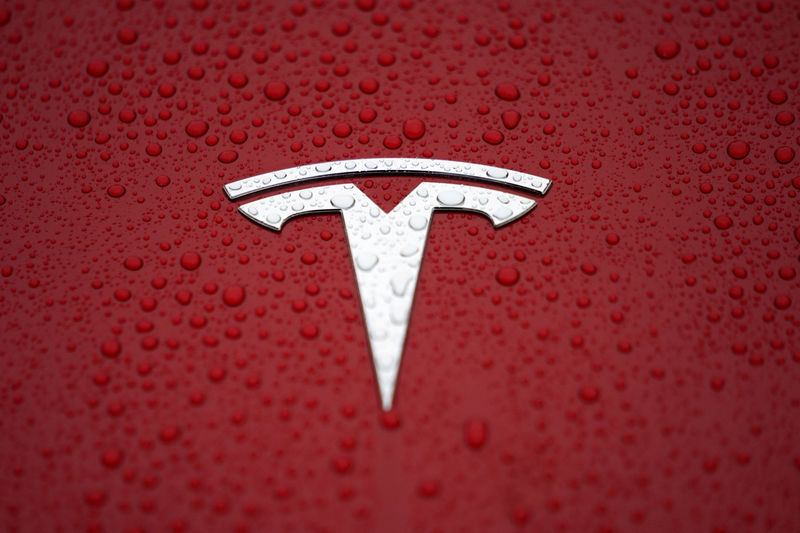Benzinga - by Shanthi Rexaline, Benzinga Editor.
The results of an annual survey that explored the reliability of auto brands showed that none of the U.S. automakers made it to the top ten.
What Happened: Asian and European automakers took the honors as the most reliable auto brands in 2023, according to the survey by Consumer Reports, a non-profit organization that does independent product testing and consumer-oriented research.
The findings were based on the survey of Consumer Reports’ members regarding the problems they faced with their vehicles in the past year. The data pertained to 330,000 vehicles of model years 2000 to 2023 as well as a few early-introduced 2024 model years.
Toyota Motor Corp. (NYSE:TM) and its Lexus luxury brand were the top two most trusted brands in 2023. BMW AG’s (OTC:BMWYY) Mini brand, Honda Motor Company’s (NYSE:HMC) Acura brand as well as its namesake brand took the third, fourth, and fifth spot, respectively.
Fuji Industries’ Subaru, in which Toyota has a minority stake, Mazda Motor Corporation (OTC:MZDAY), Porsche Automobil Holding SE (OTC:POAHY), BMW and Hyundai Motor Company’s (OTC:HYMTF) Kia brand rounded the top ten automakers on the reliability scores.
The overall reliability average score of Asian automakers was 63 on a scale of one to 100 and the metric was 46 for European automakers, Consumer Reports said.
| Rank | Auto Brand | Reliability Score |
| 1 | Toyota's Lexus | 79 |
| 2 | Toyota | 76 |
| 3 | BMW's Mini | 71 |
| 4 | Honda's Acura | 70 |
| 5 | Honda | 70 |
| 6 | Subaru | 69 |
| 7 | Mazda | 67 |
| 8 | Porsche | 66 |
| 9 | BMW | 64 |
| 10 | Hyundai's Kia | 61 |
Domestic Automakers Trail: The average reliability score for the U.S. automakers was 39 and none of them were in the top ten category. Among the U.S. automakers, the highest reliability score was for General Motors Corp.’s (NYSE:GM) Buick brand. Buick was ranked 12th and had a reliability score of 55.
Electric vehicle giant Tesla, Inc. (NASDAQ:TSLA) took the 14th position and had a reliability score of 48 compared to top-scorer Lexus’ 79. Tesla was followed by truck manufacturer Ram in the 15th place. The Ford Motor Co. (NYSE:F) was in the 22nd position.
Domestic brands trailed their Asian and European counterparts, with an average score of 39.
Other Key Findings: The survey also found that hybrids, which are powered by both the ICE and electric motor working either independently or simultaneously, had 26% fewer problems than cars powered by internal combustion engine vehicles. The reliability of plug-in hybrid vehicles, or PHEVs, which rely mainly on electric motors and use ICE only as a backup, was a mixed bag, Consumer Reports said. They were found to have 146% more problems than ICE vehicles.
Some PHEVs, including Toyota’s RAV4 Prime and Kia Sportage, performed above average.
EV sedans and SUVs didn’t fare very well, with average reliability scores of 44 and 43, respectively. The metric was at a worse 30 for electric pickup trucks. Pureplay electrified vehicles had problems, primarily with EV drive system motors, charging systems, and batteries.
The KraneShares Electric Vehicles and Future Mobility Index ETF (NYSE:KARS) ended Friday’s session down 0.55% at $25.37, according to Benzinga Pro data.
Read Next: Tesla Locked In a ‘WWE-Like’ Standoff In Scandinavia, Says Analyst: Why This Swedish Union Battle Is Important For The EV Giant
© 2023 Benzinga.com. Benzinga does not provide investment advice. All rights reserved.
